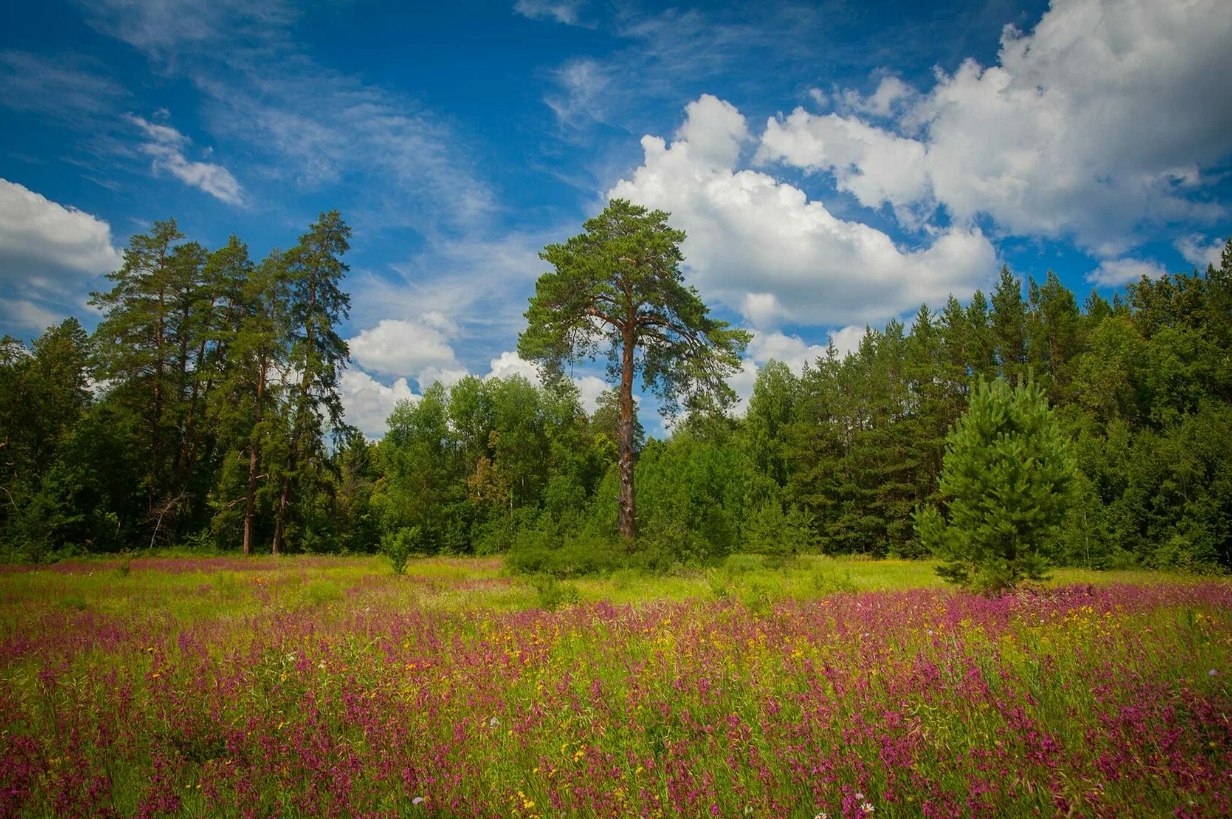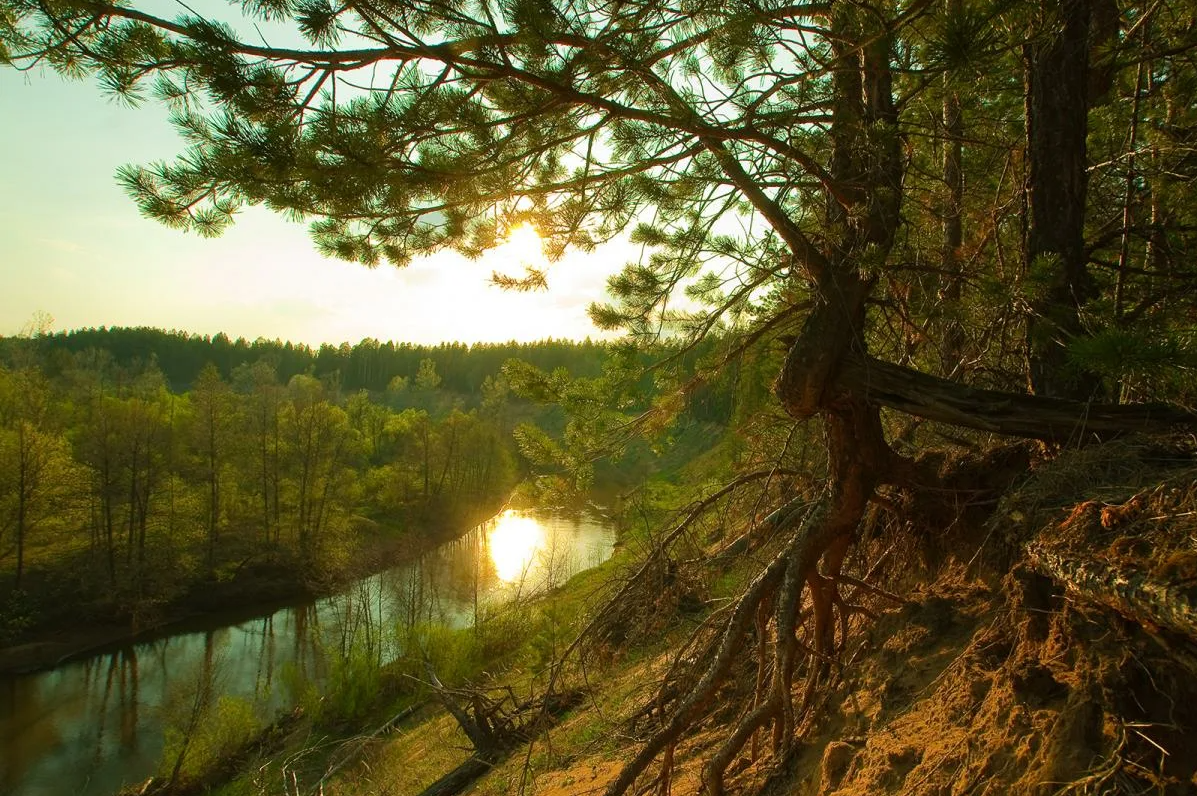
Buzuluksky forest (“Buzuluksky bor”) is the largest pine forest in the steppe zone of Northern Eurasia and the only island forest with relict landscapes in the steppe Trans-Volga region. It is located 100 km east of Samara. The complexity of the landscape and geographical structure determines the diversity of habitats. Pine, the edificator of the forest, occupies elevated areas of the relief, and deciduous trees occupy low areas. In the central part of the pine forest, deciduous species are found mainly in the floodplain and floodplain terrace along rivers and streams, as well as along the edge of the forest, forming a transition from forest to steppe. In this regard, the richest original vegetation and flora with a significant number of plant species and plant communities rarely found in the steppe zone have formed here.

The peculiarities of the development and location of the forest explain the wide variety of ecosystems on its territory. Plants grow here that are rare both for the steppe and forest zones. Moreover, for some species the forest is the only location in the Orenburg region. The Russian muskrat, European mink, and river otter are included in the regional Red Books. All species of bats, common squirrel, garden dormouse, badger, ermine, and lynx need special control over their condition in the natural environment. Valuable species of mammals such as elk, wild boar, roe deer, wolf, pine marten, and common beaver play an important role in the functioning of forest ecosystems. The bird fauna of the Buzuluksky Forest has long been the object of close attention of ornithologists. It is considered a key ornithological area that contributes to the diversity of birds in the Trans-Volga region.
The fauna of invertebrate animals, with the exception of some groups of insects, remains the most unexplored page of the national park.
The National Park invites employees of the Institute to conduct their research. The park organizes accommodation on the territory of the in-patient department of the Steppe Institute in the forest (Partizansky village) and transport for exploring the territory. By agreement with the park management, partial payment for the work of invited specialists is possible.
Contact information: Alexey Gennadievich Leonov, head of the scientific department.
